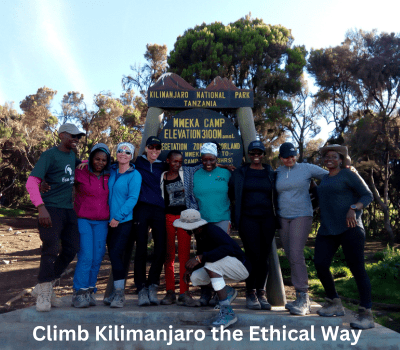Can You Conquer Mount Kilimanjaro Without Any Climbing Experience?
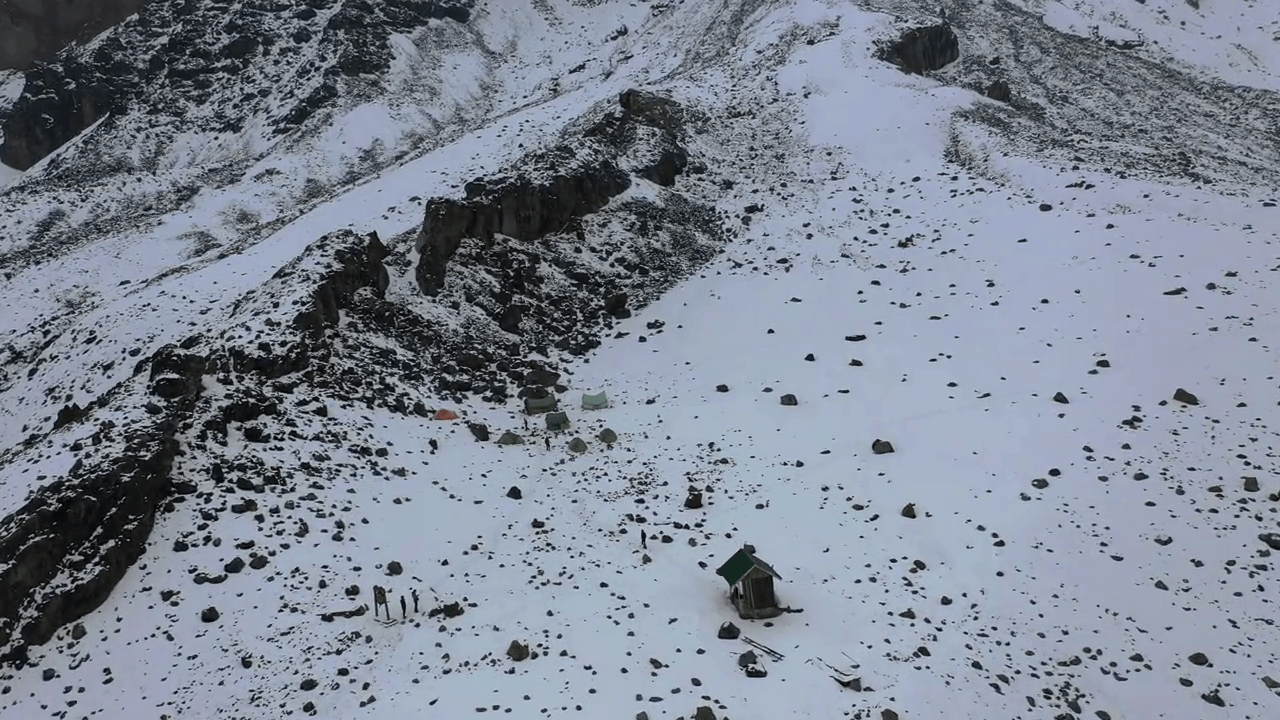
The dream of standing on the “Roof of Africa” is powerful — but if you’ve never strapped on a pair of crampons or hiked beyond a local trail, you might be wondering: Can you really climb Mount Kilimanjaro without any climbing experience? The answer is a reassuring YES — thousands of beginners do it successfully every year.
Mount Kilimanjaro is unique in that it’s the highest freestanding mountain in the world, yet it’s a non-technical trek — meaning you don’t need ropes, harnesses, or prior mountaineering background. But that doesn’t mean it’s easy. It’s a mental and physical challenge that demands preparation, the right strategy, and expert local guidance. With Eco-Africa Climbing — Tanzania’s leading ethical operator — we’ve helped total beginners reach Uhuru Peak and celebrate the journey of a lifetime.
In this article, we’ll walk you through how first-timers can train, prepare, and conquer Kilimanjaro — even if you’ve never hiked a mountain before. We’ll include proven tips, health insights, route suggestions, gear guides, and ethical travel advice to help you succeed. Ready to summit smart? Let’s go.
Why Kilimanjaro Is Possible for Beginners
No Technical Skills Required
Unlike Everest or the Alps, Kilimanjaro isn’t a technical climb. You don’t need mountaineering gear, rock-climbing experience, or glacier travel skills. It’s essentially a very long, very high-altitude hike. You’ll walk through five climate zones — rainforest, moorland, alpine desert, and arctic summit — but all on defined trails managed by the UNESCO-protected Kilimanjaro National Park.
This is what makes Kilimanjaro ideal for people with zero climbing experience. It’s accessible, walkable, and with the right guide — doable. Even school teachers, office workers, and first-time travelers have reached the summit with our support at Eco-Africa Climbing.
Our Beginner-Friendly Approach
At Eco-Africa Climbing, we specialize in guiding first-time climbers. We don’t just throw you into the trek — we prepare you for success from day one:
- Customized pre-climb fitness programs and gear checklists
- WFR-certified guides trained in altitude safety and motivation
- Slow and steady “pole pole” pace to support acclimatization
- Health checks twice daily with pulse oximeters
- 8–9 day itineraries on beginner-friendly routes
With us, you’ll never feel out of your depth. We train, inform, and support you every step of the way.
Top Kilimanjaro Routes for Beginners
Lemosho Route
One of the best choices for first-time trekkers is the Lemosho Route. It’s scenic, less crowded, and has a high success rate due to gradual acclimatization. Our 8-day Lemosho package gives your body time to adjust, making the climb safer and more comfortable.
Northern Circuit
The Northern Circuit Route is the longest and most acclimatization-friendly trail on Kilimanjaro. Perfect for beginners who want the best chance of reaching the summit without pushing too hard, too fast. This 9-day trek circles the mountain with fewer steep sections and amazing solitude.
Machame Route (For Adventurous Beginners)
The Machame Route, known as the “Whiskey Route,” is more physically demanding but still manageable for fit beginners. It’s popular for its diverse scenery and success rate when done over 7 days. Not ideal for completely sedentary trekkers, but with preparation, it’s an exhilarating choice.
How to Train as a Beginner for Kilimanjaro
Focus on Endurance, Not Speed
You don’t need to be a marathon runner — but you do need to build stamina. Training 8–12 weeks in advance with long-distance walking, day hikes, or stair climbs can make a huge difference. We provide a full 12-week training plan tailored for beginners.
Train at Elevation If You Can
If you live near mountains, do weekend hikes at altitude. If not, don’t worry — many clients from flat regions succeed using incline treadmills, stair workouts, and endurance walks with a weighted pack. Altitude acclimatization happens gradually on the mountain with the right itinerary.
Don’t Forget Mental Prep
Kilimanjaro is as much a mental challenge as a physical one. Long days, changing weather, and altitude discomfort can wear you down. But staying positive, pacing yourself, and leaning on your guide team for encouragement will get you through. We offer pre-climb coaching to build your mindset before you even arrive.
Essential Gear for First-Time Climbers
What You Need to Pack
Gear is a major part of your Kilimanjaro success — especially if you’re new to climbing. You don’t need elite mountaineering equipment, but you do need reliable, high-quality hiking gear suited for cold, wet, and windy conditions. At Eco-Africa Climbing, we provide a full gear checklist and rental options to make things easier.
Here’s the basic breakdown:
- Waterproof hiking boots (well-broken in)
- Thermal base layers, fleece, insulated jacket
- Waterproof shell (jacket + pants)
- Wool socks, gloves, and warm hat
- Headlamp, water bottles, trekking poles
- Duffel bag and daypack for gear
We also rent high-quality equipment including sleeping bags, walking poles, waterproof duffels, and four-season jackets if you don’t want to bring your own.
Staying Comfortable at Altitude
Kilimanjaro nights can drop below -10°C (14°F). That’s why we supply insulated sleeping mats, warm tents, and you’ll have the option to rent a -20°C-rated sleeping bag. Our mountain comfort standards include private toilet tents, hot meals, and cozy camp setups — so even beginners sleep soundly at altitude.
Health & Safety on the Mountain
Altitude Sickness Awareness
The biggest obstacle on Kilimanjaro isn’t physical fitness — it’s how your body adapts to altitude. That’s why our guides conduct twice-daily health checks using pulse oximeters to monitor oxygen levels and symptoms. We also recommend reading our detailed guide on altitude sickness prevention.
Signs of AMS (Acute Mountain Sickness) include:
- Headache
- Nausea or loss of appetite
- Dizziness or light-headedness
- Fatigue
Severe symptoms like confusion or breathlessness at rest require immediate descent — which our team is fully trained to initiate. We carry emergency oxygen and coordinate with rescue services if needed. You’re in expert hands every step of the way.
Vaccines, Insurance & Pre-Climb Prep
Before arriving in Tanzania, beginners should review our article on required vaccines and get travel insurance that covers high-altitude trekking. We also offer medical checkup guidance and help you understand how to train, prepare, and stay safe as a first-timer.
Beginner Success Stories
Climbers Who Had Never Hiked Before
We’ve helped hundreds of first-timers — including people in their 50s and 60s, complete beginners, and clients with no prior camping experience — conquer Kilimanjaro. They trained, prepared, and put their trust in our crew. And they reached the summit.
Check out one of our client journeys on our Kilimanjaro climbing blog. These stories are proof that you don’t need to be a seasoned mountaineer — just motivated, informed, and willing to take the first step.
What They Said After Reaching Uhuru Peak
“I’ve never even done a multi-day hike before, but thanks to Eco-Africa Climbing, I made it! The guides were patient, encouraging, and knew exactly how to support us at every stage.”
“As someone new to altitude, I was nervous. But our team helped me breathe better, eat well, and stay calm. I reached the summit stronger than I thought possible.”
Common Fears Beginners Have (And Why You Shouldn’t Worry)
“What If I’m Too Slow?”
On Kilimanjaro, the slowest climber is often the smartest one. We embrace the “pole pole” (Swahili for “slowly”) approach — walking slow helps you breathe, conserve energy, and acclimatize better. Our guides adjust the pace to your comfort and will never rush you. Climbing with Eco-Africa Climbing means you’ll always have support — whether you’re at the front or back of the group.
“I Don’t Know How to Camp”
Good news — you don’t need to. We set up and take down your tents, cook all your meals, and even provide nutritious food and hot water for cleaning. From dining tents to portable toilets, we provide the comforts so you can focus on the climb. If you’ve never camped a day in your life, don’t worry — you’ll still feel right at home.
“What If I Don’t Reach the Summit?”
The summit is the goal, but it’s not the only reward. The journey — the resilience, scenery, people, and culture — is what changes you. That said, we have one of the highest summit success rates among KPAP-registered companies. Why? Because we choose routes with good acclimatization, hire the best guides, and focus on your health above all.
The Role of a Guide When You’re a First-Timer
Safety, Support & Motivation
A guide isn’t just a mountain expert — they’re your coach, medic, weather forecaster, storyteller, and morale booster. Our WFR-certified guides don’t just get you to the top — they watch your breathing, encourage you when it gets hard, and ensure you’re safe every step of the way.
We’re also members of the Kilimanjaro Porters Assistance Project (KPAP) — which means we treat our crew fairly, pay recommended wages, and follow transparent tipping practices. Your journey uplifts lives, not just your own.
Why Local Matters
Local guides know the mountain better than any app or map. They’ll teach you Swahili phrases, explain Chagga traditions, and help you understand the sacred energy of the land. By booking with a Tanzanian-owned company like Eco-Africa Climbing, you also keep your investment in the community — where it creates jobs, supports schools, and fuels a sustainable future.
Best Time of Year for First-Time Climbers
Dry Seasons = Easier Conditions
We recommend beginners climb during the dry seasons: January–March or June–October. These months offer clearer skies, drier trails, and a more enjoyable experience. Learn more in our detailed guide on the best times to climb Kilimanjaro.
What About Weather Worries?
Yes, summit night is cold — but with our support, gear, and preparation, even first-timers handle it well. The reward? Watching the sunrise from the highest point in Africa. Trust us — it’s worth every step.
Booking the Right Beginner Package
Why Our Packages Are Perfect for First-Timers
Every Kilimanjaro climb with us includes:
- WFR-certified guides, cooks, and support staff
- 3 healthy meals daily, plus snacks and purified water
- Private toilet tents, dining tents, and comfortable bedding
- Daily health monitoring and altitude briefings
- Travel insurance support and medical prep guidance
- Roundtrip airport transfers and hotel stays before and after the climb
From the moment you arrive in Moshi to the celebration meal after summit day — we’ve got everything covered.
Conclusion
So, can you conquer Mount Kilimanjaro without any climbing experience? Absolutely. With the right mindset, proper preparation, and a trusted local guide like Eco-Africa Climbing, even total beginners can safely and successfully summit the highest peak in Africa. Kilimanjaro isn’t about being a mountaineer — it’s about resilience, teamwork, and taking one step at a time.
You don’t need to be an athlete. You don’t need a resume of hikes. What you need is courage, support, and a crew that believes in your journey as much as you do. That’s what we offer — not just a climb, but an empowering, life-changing experience for those willing to challenge themselves.
Join the hundreds of first-timers who have summited with us. Your dream is possible — and we’ll help you take every step to make it happen.
FAQs
Can I really climb Kilimanjaro with no hiking background?
Yes. Thousands of people climb Kilimanjaro each year without previous hiking or camping experience. Choose a beginner-friendly route, train in advance, and book with a company like Eco-Africa Climbing that supports you at every level.
How fit do I need to be?
You should be able to walk 6–8 hours a day at a steady pace. We recommend 8–12 weeks of light endurance training. Even moderate fitness combined with the right pace and guide can get you to the summit.
Do I need special equipment or gear?
You’ll need quality hiking boots, warm layers, and waterproof outerwear. View our full packing checklist and rent high-altitude gear directly through us if needed.
What if I experience altitude sickness?
Our guides monitor your health twice daily. We carry emergency oxygen and initiate descent immediately if needed. With our pacing and route selection, most symptoms are mild and manageable.
How do I get started?
Visit our booking page or contact us directly. We’ll help you choose a route, prepare your fitness plan, and guide you all the way to Uhuru Peak.
Share:
Related Posts
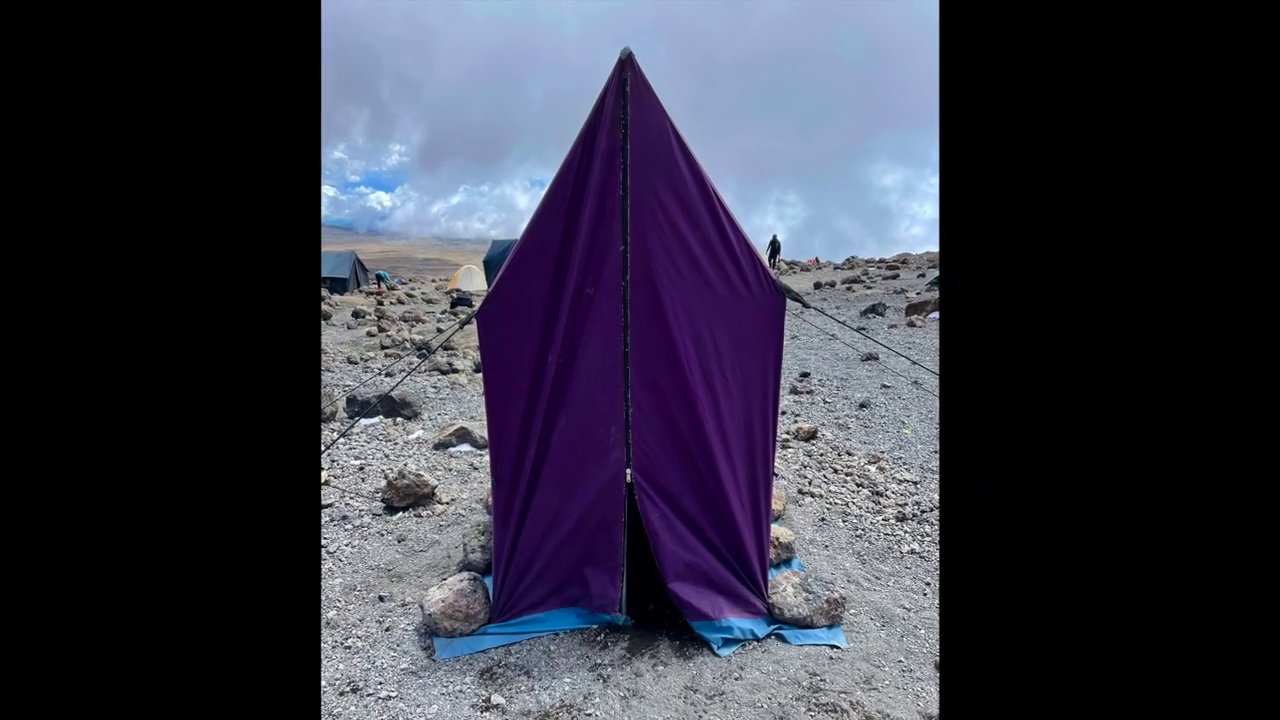
bathroom on mountain kilimanjaro
Bathroom on Mountain Kilimanjaro: What to Expect and How to Prepare Introduction One of the most common — and least discussed — questions from people
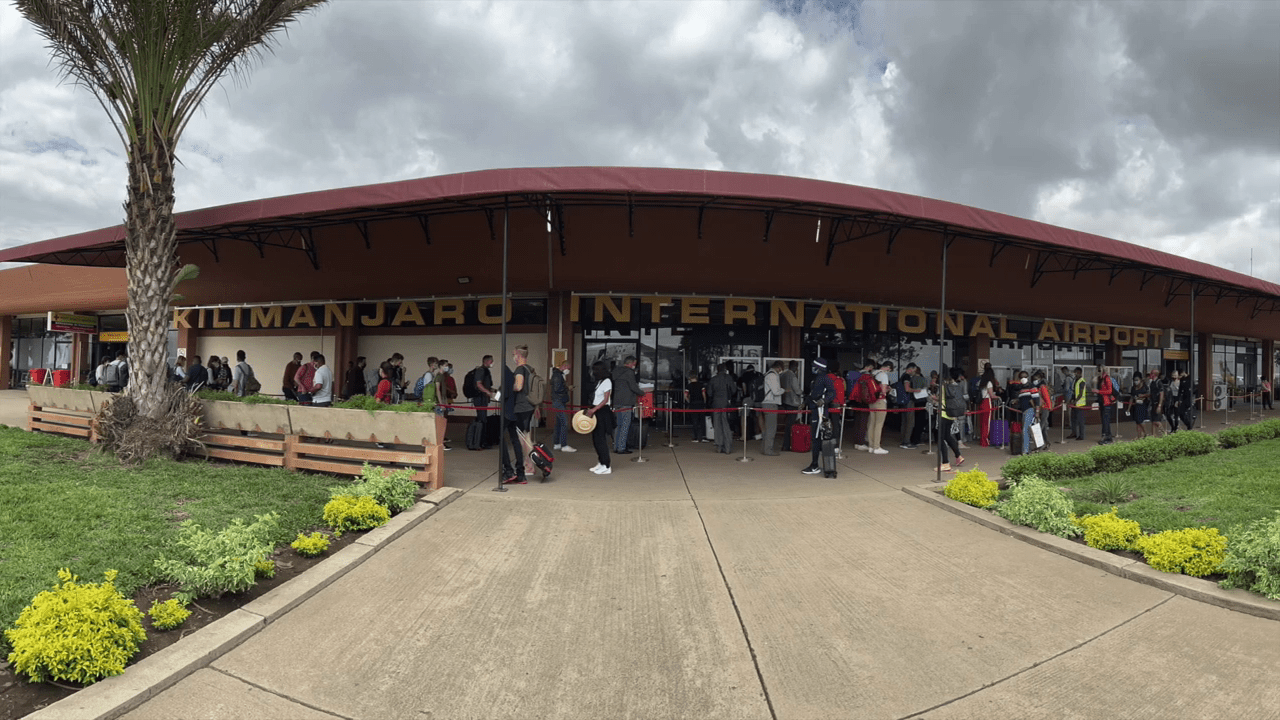
Are Guides Readily Available in Tanzania Without Prior Booking?
Are Guides Readily Available in Tanzania Without Prior Booking? Introduction: Should You Risk Climbing Without Pre-Booking? Climbing Mount Kilimanjaro is a dream for many adventurers.
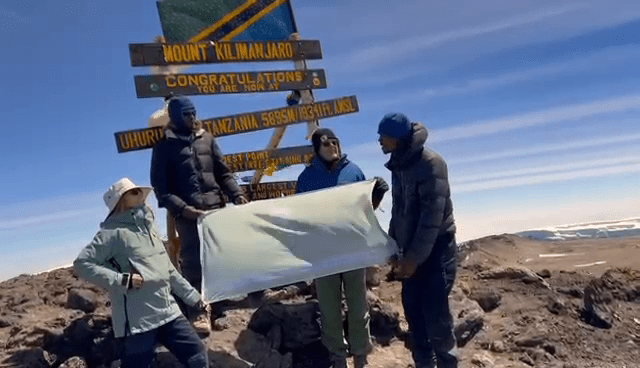
How Can I Find a Reliable Local Guide for My Kilimanjaro Expedition?
How Can I Find a Reliable Local Guide for My Kilimanjaro Expedition? Introduction: Why the Right Guide Is Key to Kilimanjaro Success Climbing Mount Kilimanjaro
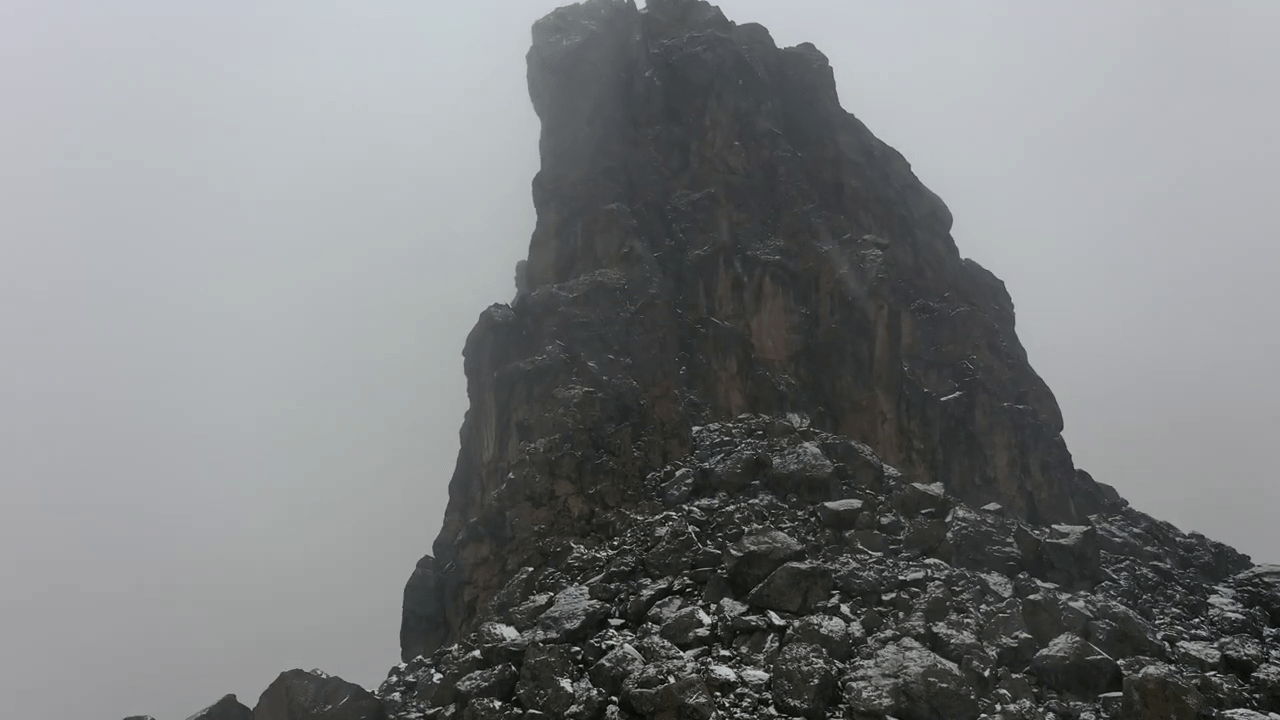
Is Climbing Kilimanjaro Dangerous for Individuals Without Mountaineering Experience?
Is Climbing Kilimanjaro Dangerous for Individuals Without Mountaineering Experience? Introduction: The Myth of Danger and Experience Many aspiring adventurers wonder if climbing Mount Kilimanjaro is
